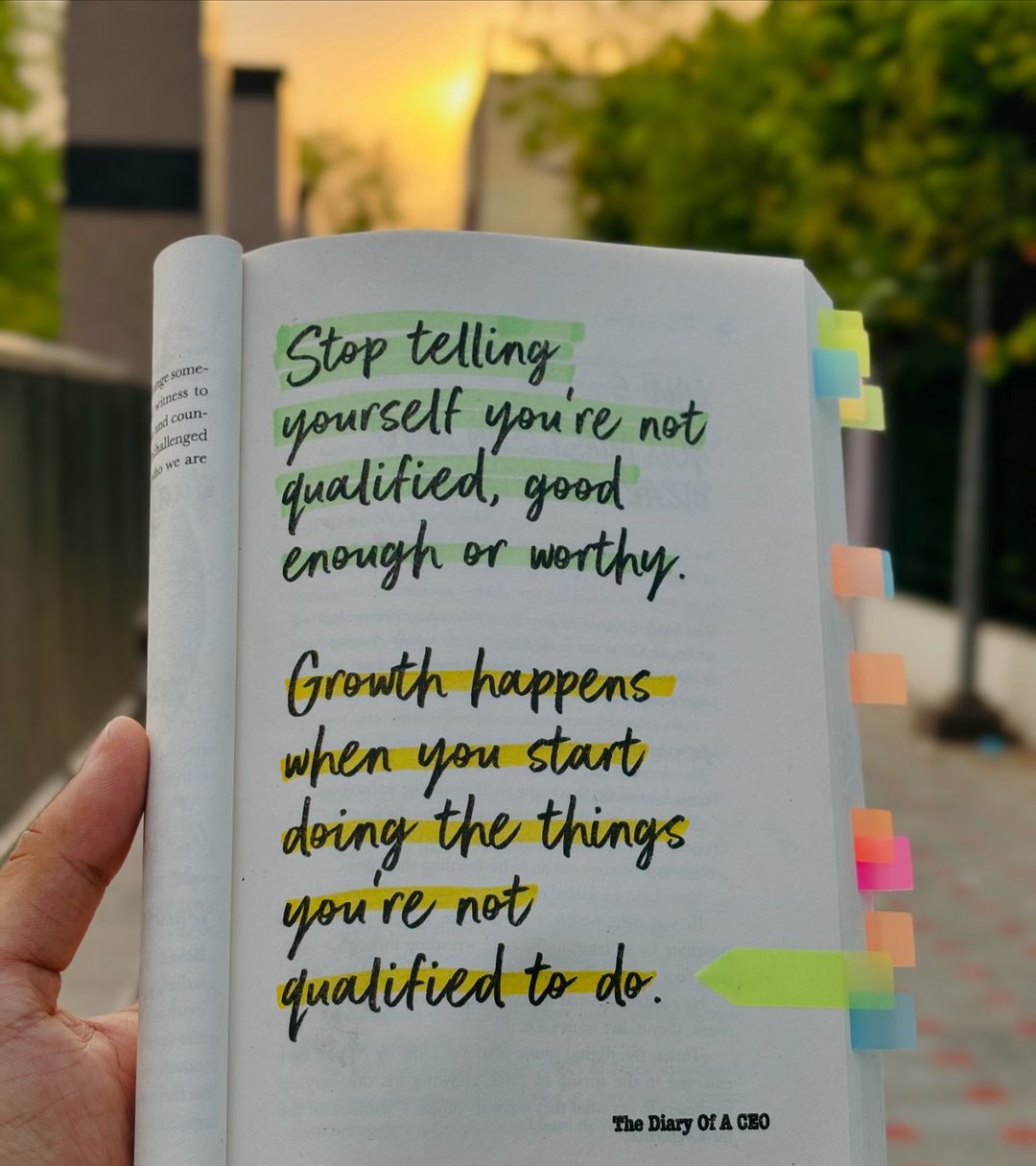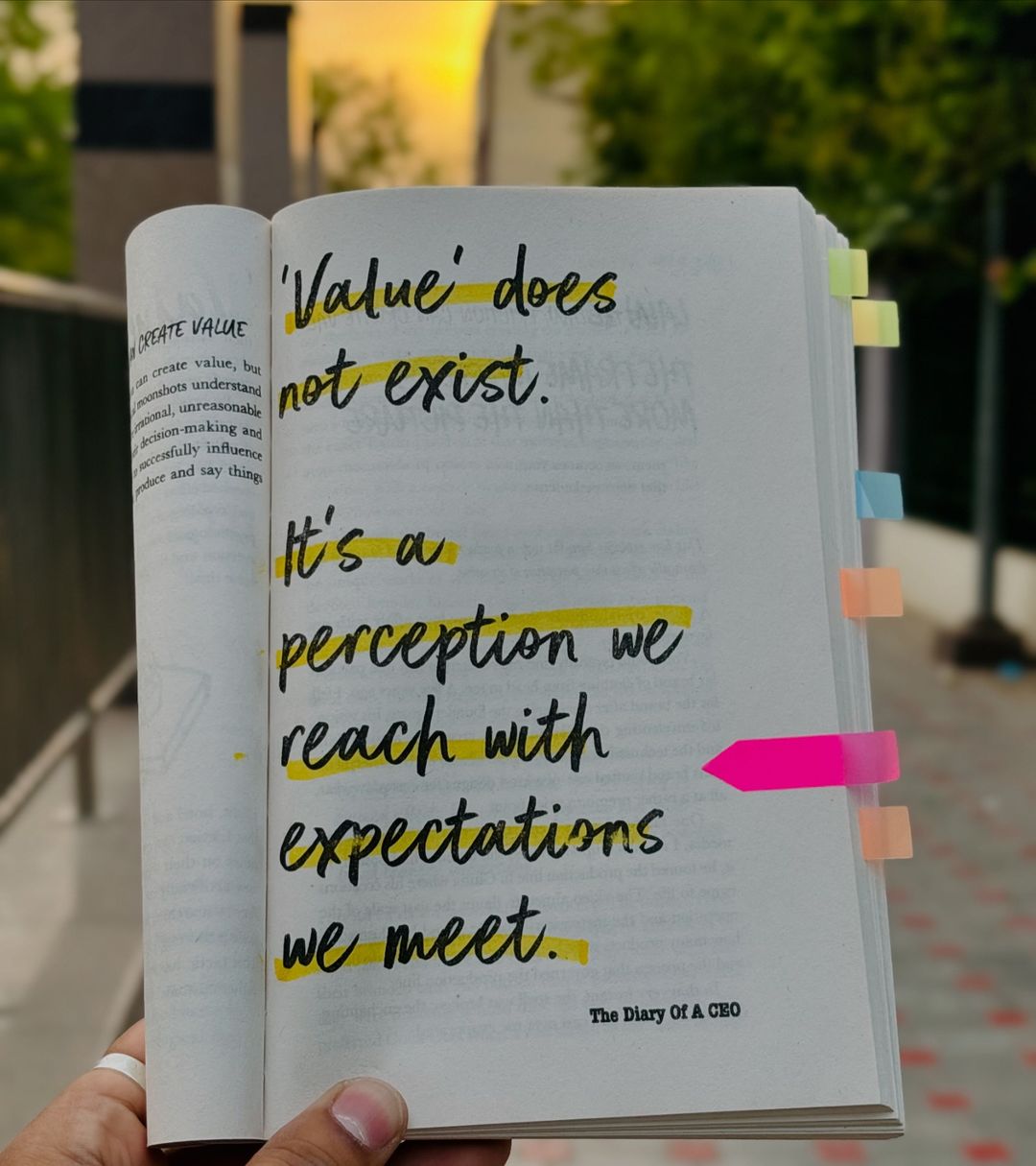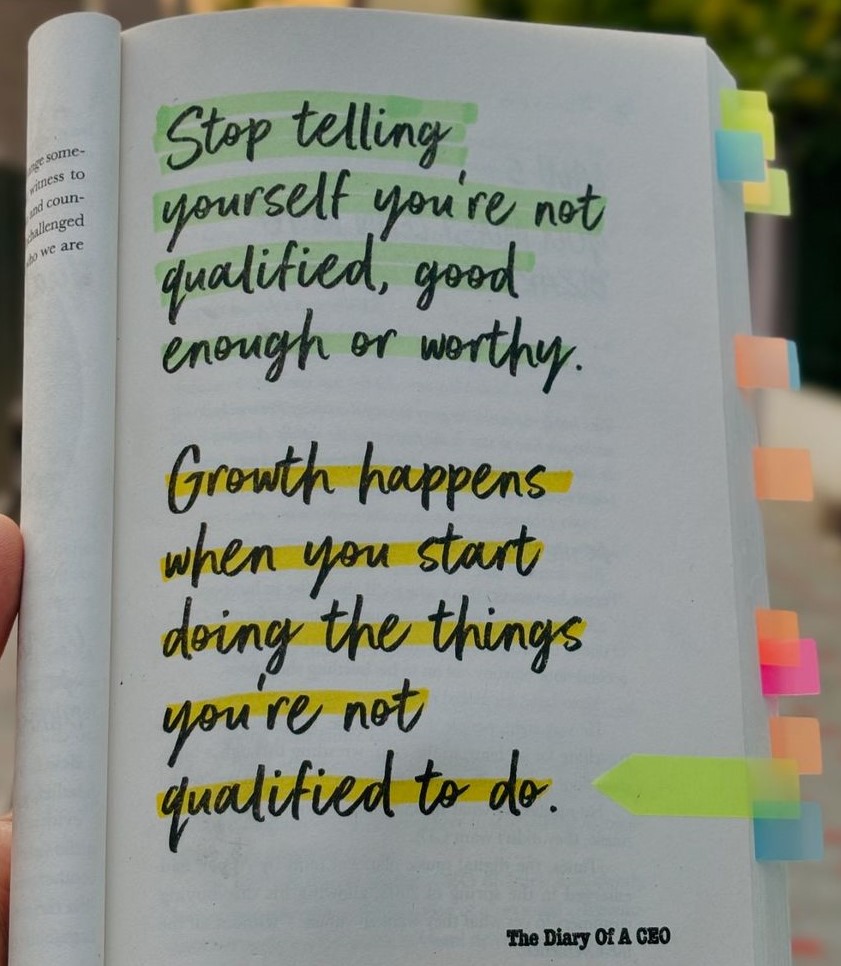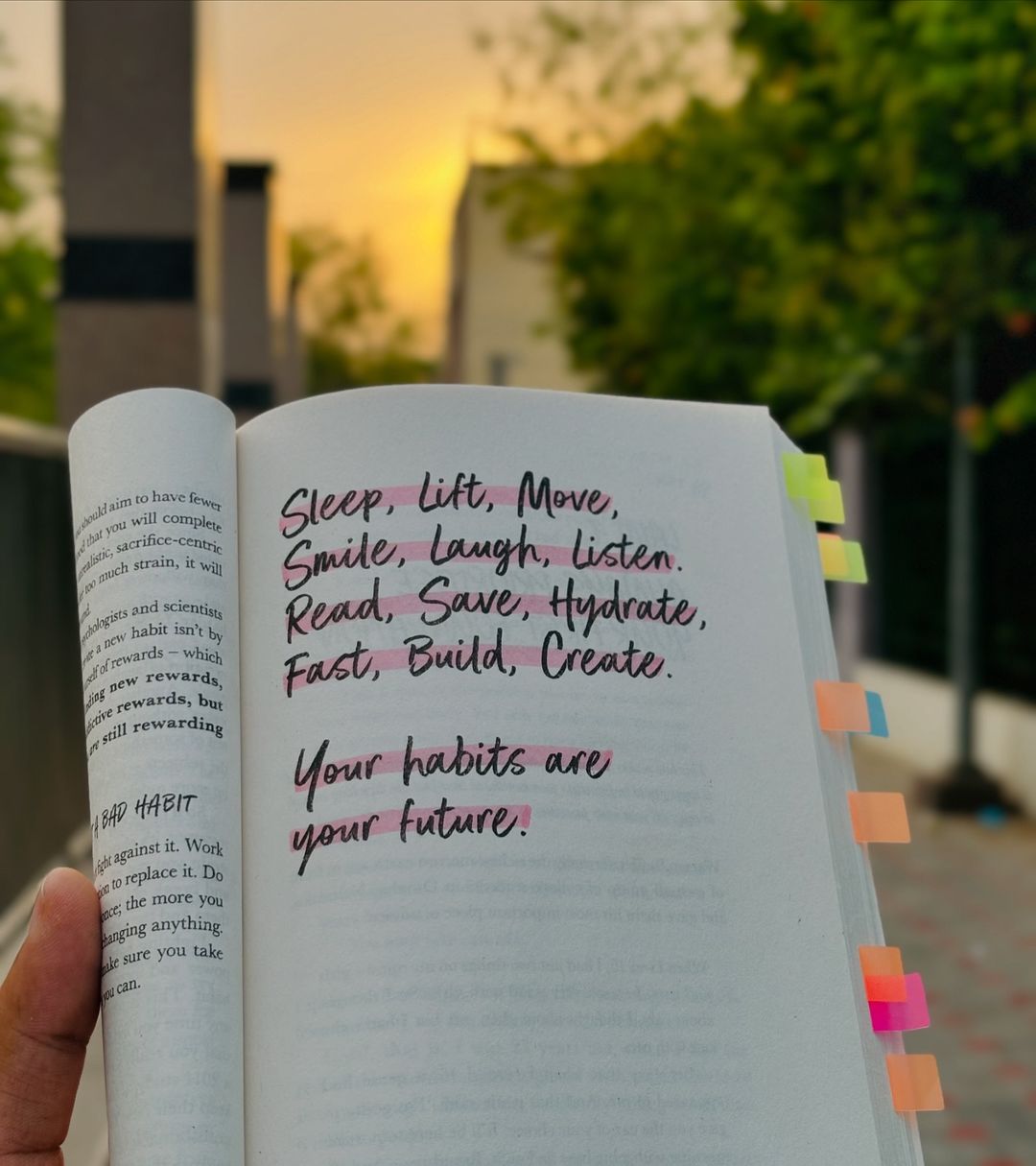From a teenager who left home at the age of 17, Benjamin Franklin became a printer, a newspaper delivery boy, an author, an inventor, a negotiator, and a founding father. His success came from his virtues of thrift and hard work. Looking back at Benjamin Franklin's life, we can learn a lot of extremely useful knowledge.

𝟏. Understand the value of everything Benjamin Franklin learned his first lesson about personal finance when he was still a child, a lesson that deeply influenced his financial decisions later on. When he was 7 years old, he saw another boy playing the trumpet. Because he loved the sound of the trumpet so much, he took out all the money he had in his pocket to negotiate. Finally, he got his trumpet, he brought it home and played loudly throughout the house. But the joy was short-lived when his brother and sister found out that he had used all the money he had to exchange for the trumpet. And the amount was 4 times the value of the trumpet. When he realized this, he was extremely sad, more than the joy that the trumpet brought. After that, he kept this lesson in mind in every decision in his life. Even in a letter to his friend, he always repeated this lesson. “The impression of that day stayed with me all my life. Every time I planned to buy something unnecessary, I told myself: Don't spend too much on the trumpet. And I saved money. As I grew up and traveled around, I observed others and I met many, many people who spent too much money on the trumpet.
When I saw a man so ambitious that he flattered and flattered others to get what he wanted, sacrificing his time, sleep, freedom, virtue, even his friends, I said to myself: This man has spent too much on the trumpet.
When I saw a man who wanted to gain recognition and constantly rushed into messy politics, forgetting his own rules and then destroying them with his own hands, I thought he had spent too much on the trumpet.
If I knew a stingy man who gave up all the comforts of life, did not do good for others, did not value his fellow countrymen and was not generous to his friends just to accumulate more wealth, I would say: Poor man, you have spent too much on the trumpet.
When I meet a man who pursues pleasure, disregarding his mind and his possessions in order to gain material values and trading his health in the process, I say: Man lost, you are bringing pain to yourself instead of happiness. You have spent too much on the trumpet.
If I see a man obsessed with appearance, with fine clothes, with a big house, with luxurious furniture or servants and valuing them more than his own property, and then getting stuck in debt and ending up in prison, I say: Oh my God, this man has paid a high price for the trumpet.
In short, I have learned that most of the suffering of human beings is self-inflicted because they have misjudged the value of things around them and they have spent too much on the trumpet.”

𝟐. Love of labor and independence Franklin's father initially wanted him to become a pastor, but because the cost of education was quite expensive, he sent him home to learn writing and arithmetic. At that time, his father was in charge of the candle and soap making business. His father also wanted him to be able to do these jobs. However, Franklin did not like that job. His father was afraid that he would leave home to go to sea like another brother in the family did, so he sometimes took him out for a walk to meet carpenters, bricklayers, brass workers... while they were working. His father observed his attitude and tried to guide him to one of those jobs. This ignited his love of labor and independence. He had some odd jobs around the house when the repairman could not come and also made some small machines to serve his own experiments. I believe that this was a solid foundation for his later inventions. He shared in his memoir that becoming self-reliant not only saves money but also leads to happiness. “Human happiness does not come from great fortunes that come once in a while, but from small advantages that occur every day. If you teach a poor boy how to shave and use a razor, you will bring him more happiness than if you gave him a thousand gold coins, which he would quickly spend, leaving him with only the regret of having used them foolishly. In the latter case, he will not only no longer have to wait in line at the barber’s, but he will also not have to endure dirty fingers, bad breath, and dull blades. He can shave himself as he pleases and enjoys it every day with a good razor.”

𝟑. Love reading “I have loved reading since I was born and all the money I have is used to buy more books. The library makes it easier for me to study and I read for 1-2 hours every day. My father wanted me to study properly but circumstances did not allow it and I wanted to make up for that. Reading is the only pleasure I allow myself. I do not waste time in bars or games, I concentrate on work as much as I can.” If you want to have more time and money in the long term, in the short term you need to invest a little money and a lot of time in yourself. Instead of wasting those resources on fleeting pleasures, invest in things that will help you achieve wealth, health, relationships, education and career. Franklin invested in himself by reading endlessly. His savings and free time were used to improve his knowledge. By managing his resources well on the most important things in life, Franklin created a good future for himself. From a boy who only had a few years of formal education, he became a world-famous writer, diplomat, and scientist. I was very much inspired about reading when reading his autobiography. If any parents want to love reading more or want to inspire their children to love reading, this is the book that parents can encourage their children to read.

4. Make friends with people who share the same view on life In his memoir, wherever he went, he always made friends with people who loved reading and had the same view on life as him. I admire him very much in this point, because he was a person who loved reading so much that he became a very knowledgeable person and many people sought him out to be friends. Even the dignitaries and the rich in society at that time. Because of his love of reading, he gathered many friends who loved reading and learning. The establishment of a library also came from his love of reading with his friends. You see, later the library model became his business. Until now, we have also benefited a lot from the libraries in the places where we live. 5. THE ULTIMATE ART OF THE PAST Although he was extremely ambitious, he never abandoned his self-respect to achieve his goals. He always put his personal principles above material interests to avoid becoming a slave to a frivolous and luxurious lifestyle. This was clearly shown when a man wanted to pay to appear in Franklin's newspaper, the Pennsylvania Gazette: "I have looked at your work carefully and find it very vulgar and vulgar. To consider whether to publish it or not, I went home and had a dinner of water and a two-cent loaf of bread from the bakery. Then I wrapped myself in my coat and slept on the floor until morning and had breakfast, also a loaf of bread and a glass of water. I had no problem with eating like this. I realized that I could live like this, so there was no reason for me to sell my newspaper or abuse it for material comfort.” He was also a vegetarian, eating plant-based foods helped him have a clear, lucid mind. I remember there was a detail about eating fish, he had to think a lot before eating. Especially when he saw that there were many small fish in the belly of a big fish, he said that fish also eat each other, so eating fish meat should be fine. However, I noticed that he still leaned more towards eating foods of plant origin throughout his life.

-
6 Diligence and hard work are the keys to achieving all goals
-
“I have always applied myself to whatever I did, without thinking of anything else, or of ways to make a quick buck. Diligence and patience are the surest ways to success.” Franklin did not become a billionaire overnight. After leaving home, he spent a decade as an apprentice to printers in Stateside and London, then opened his own shop and made a profit. During this time, he lived a more austere and industrious life than any of his competitors. So he helped others realize their ambitions just as he realized the importance of patience and persistent effort in life. He did not abandon his goodness to take shortcuts that were encouraged in his time. When reading his autobiography, you will see that he worked extremely hard and never rested at any time. Reading was the only pleasure he allowed himself to do. The rest of the time, he always invested in work to create great achievements.

-
7 Constantly improve yourself from virtue to appearance I have shared with you about the 13 virtues that he constantly practiced to improve himself, right? I was very inspired by him, so I also made a notebook to practice these 13 virtues. I believe that this is the best way to improve yourself and live an ideal life. He practiced one virtue every week, completing 13 virtues in 13 weeks, 4 times a year. When you practice intentionally like this, you will see yourself improve over the years. After a year, you may only need to practice 1-2 more times, gradually those 13 virtues have become a part of you, then you don't need to do it anymore. I will share with you the results I achieved after practicing these 13 virtues next year.
-
8 Money is just a means, not a goal “His sympathy for the weakness of mankind - the endless pursuit of material things - is described in a way that I enjoy. They are very interesting, or at least very similar to my own thoughts. People say that the residents of London want to earn enough money to have a worthy death. I think that thinking is silly, like calling a man who spends money on 1000 unnecessary things and then loses it all and is imprisoned by creditors "deservingly poor". I think that what we have compared to what we can use may not really be ours even though we own them. When a rich man dies, he leaves no more than a debtor to pay.” For Franklin, the pursuit of wealth was a means to an end. His aim was to “read, study, experiment, converse with men of talent and worth, with whom it was a pleasure to him to know, and to produce something useful to mankind, unfettered by the cares of trade.” Franklin’s early retirement actually brought many benefits to mankind, including the birth of many inventions (he did not take out patents—helping others was enough for him) and the formation of a nation. For Benjamin Franklin, the accumulation of money and the cultivation of good character were not about living a life of luxury (although he enjoyed that lifestyle) or about being stylish, but about becoming a man of dignity, knowledge, and time to be a good citizen, helping others and their country. Franklin also believed that this was the best way to serve God.
This is also something that I really like and always take it as a guideline in life. I really like the saying that he shared with his mother that when he died, he hoped people would say that he "lived a useful life" rather than "died rich". Because what he left behind for this life was not the money he earned but the valuable achievements he left for humanity, including great inventions and himself.
I hope these lessons are useful to you, this is a post I have compiled a bit when reading an article in English, you can find the original version.